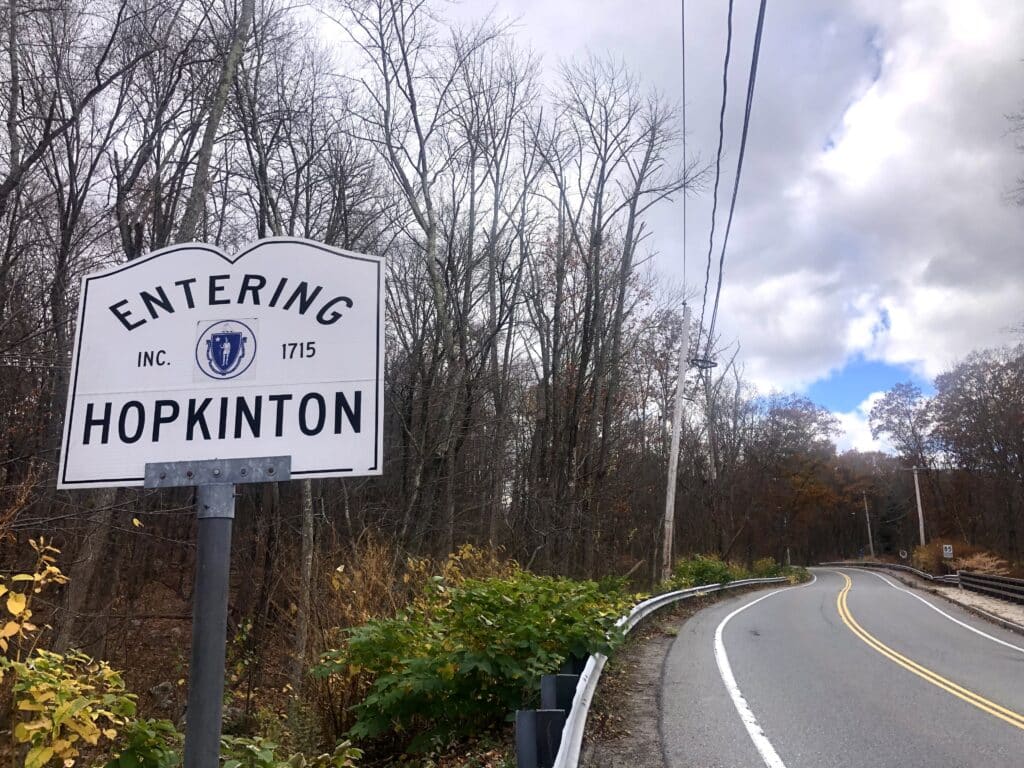Dont take my word for it MIT did a study on this exact situation:
“Findings indicate attendants to town meetings are more likely to be older, white, married, to work as municipal employees, and to be homeowners compared to the population at large. Conditional on owning a home, attendants’ housing wealth is evenly distributed. Sixty percent of meeting attendees report having been present to the last five consecutive annual assemblies. This group of pivotal, faithful voters—representing only 1.2 percent of a town’s adult population on average—has resided in town for 30 years, 12 years longer than occasional voters. Meeting regulars are more likely to participate in civic organizations, town committees, and volunteering activities. We conclude that older, married, locally-rooted, civically-minded homeowners who have known each other for a long time bear more power in municipalities where recurrent public meetings are used for
municipal decision-making.”
MIT study
-So according to the article that said that the very people who were there “could not be more against it” and studies done on this exact phenomenon in massachusetts that show that older, whiter, married, homeowners tend to be the only ones who routinely show up to community meetings in order to block housing, I think that this is a problem that needs to be addressed. I dont see how you can try to say I’m being discriminatory when I’m trying to say that community meetings need to be more representative of people from all different age groups and backgrounds, but do you.




